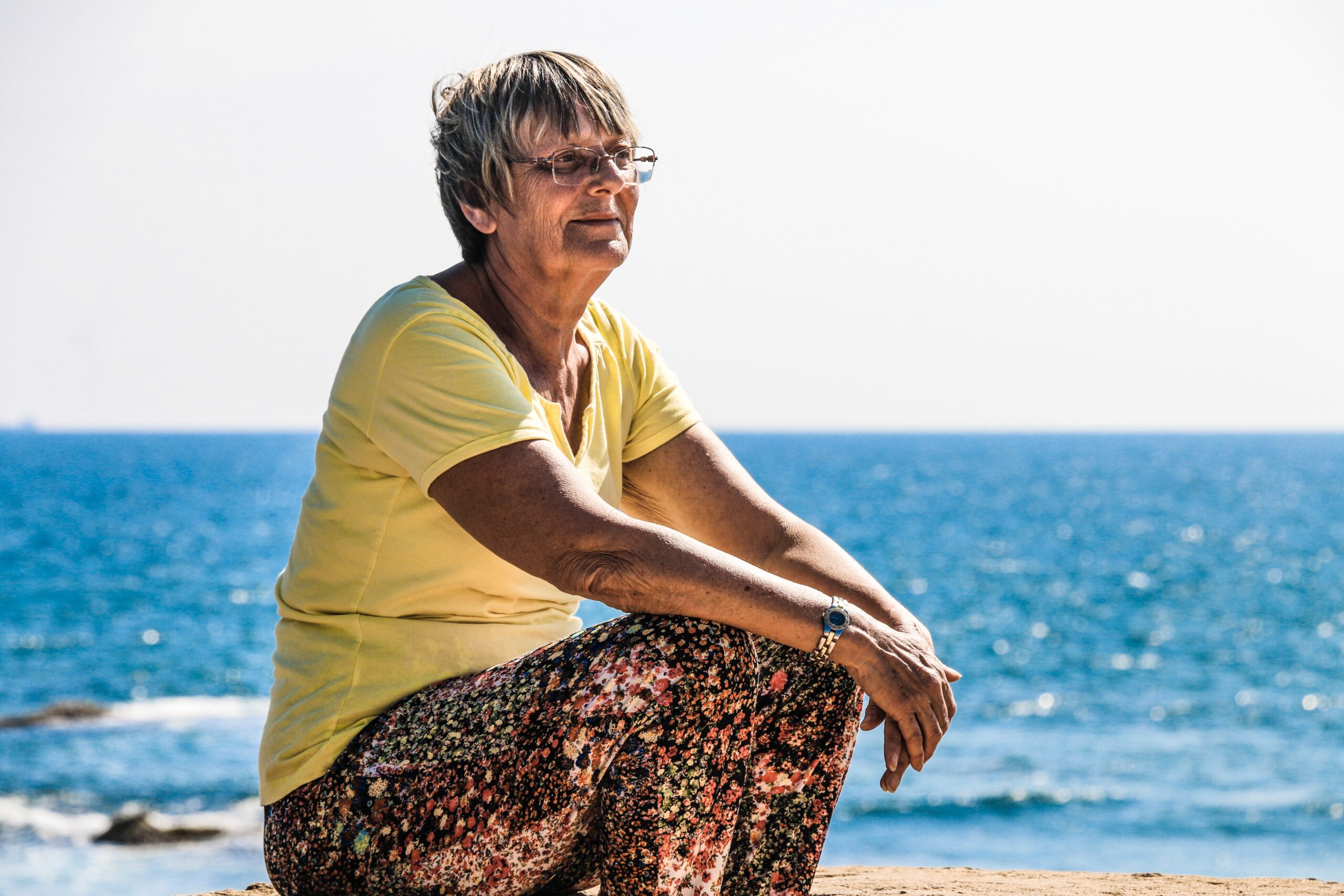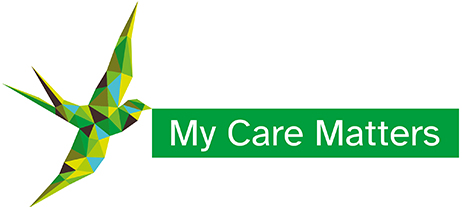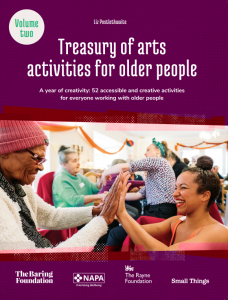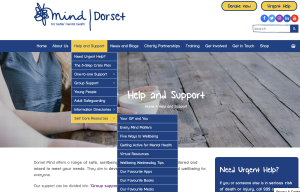No products in the basket.

Jim took a lot of falls in 2012. His eyesight, dementia and arthritis were all conspiring against him. He’d wake up in the morning, forget he could not walk and think the lights had all been turned off.
We are introduced to Jim in a video produced by scie, dealing with sensory loss (see link below). The staff in the Cumbrian care home where he lives have had to learn to be very patient, and use concise, effective communication. They try to communicate with Jim in a quiet area, so background noise doesn’t distract and confuse him.
It seems nothing can be done about Jim’s blindness, but that is not the case for many of those living in care homes and trying to cope with impaired vision. Whilst many homes diligently arrange sight tests for their residents, there are probably many more that do not see the need.
There is generally thought to be a correlation between dementia and sight loss, so a certain shrugging of the shoulders is inevitable, but dementia is already confusing enough for the person living with it so if there is anything that can be done to help them maintain senses like eyesight and hearing, it should be done. Regular sight tests are important – it is possible to have an eye examination at nearly all stages of dementia – to diagnose cataracts, check prescriptions are up to date and to assess for other conditions, treatable or otherwise.
Even if nothing can be done to improve a person’s sight, it is important to assess the quality of their vision so that carers can take it into account in their behaviour towards and around that person.
Yet, in a survey in 2014 the College of Optometrists asked their members how frequently they carried out domiciliary eye examinations in people’s homes or care homes. Just 10% said they did so regularly in people’s homes and this dropped further to 6% for regular care home visits.
Such low numbers are not down to cost. If you are over 60, or over 40 with a close relative who has been given a diagnosis of glaucoma you are entitled to free eye examinations (in Scotland they are free for everyone). And for those unable to visit an optician unaccompanied due to physical or mental disability they are entitled to a free eye test at home.
So why are the numbers so low? First of all, there is undoubtedly a sense that ‘it’s just the dementia’. What’s the point in finding out about a person’s eyesight because it’ll make no difference? Those with that opinion should read the story of how the life of Suzy Webster’s Mum has been transformed (and how a potentially traumatic experience can be made so much more pleasant by involving the family) – see link below.
Research done by the College of Optometrists suggests that it is often the families who are not convinced of the benefits of an intervention, and there is plenty of anecdotal evidence to suggest that many professionals feel the same.
This is borne out by Thomas Pocklington Trust’s report (link below) quoting the RNIB who estimate that over half of older residents in care homes have some form of sight losss, yet care home residents’ co-morbidities mean that eye care interventions are overlooked or thought unnecessary.
What’s to be done?
As with so much in this world it comes back to communication. Bust those myths about it making no difference. Make it known that everyone in a care home is entitled to a free NHS eye test at least every two years. Build awareness about the importance of regular eye tests and the difference it can make to the individual’s quality of life where improvements to their sight can be made. As Suzy Webster says of her Mum after her cataract operation: “She’s a different person. She’s really got her spark back… she’s walking steadier, her mood is happier and she’s interacting with us all better.”
A look into the future
Simply slip a small device over the in-built camera on your smartphone. Turn on the Peek app, hold the phone close to someone’s eye, click and forward the picture to a trained eye care specialist. This is the technology of the future to detect signs of glaucoma, macular degeneration, cataracts and other issues like high blood pressure. Social enterprise Peekvision claim that 80% of blindness is avoidable, and tools like theirs can replace an eye exam at a fraction of the cost. They should be shipping in early 2016 and expect it to be transforming lives in remote corners of the world… there’s a few lives waiting to be transformed right here on their doorstep. http://www.peekvision.org/
Resources
Scie has a section on Dementia and sensory loss in their Dementia Gateway
The Age Page: Interview with Suzy Webster
Thomas Pocklington Trust: Undetected sight loss in care home
Thomas Pocklington Trust: Design for Dementia and Sight Loss







